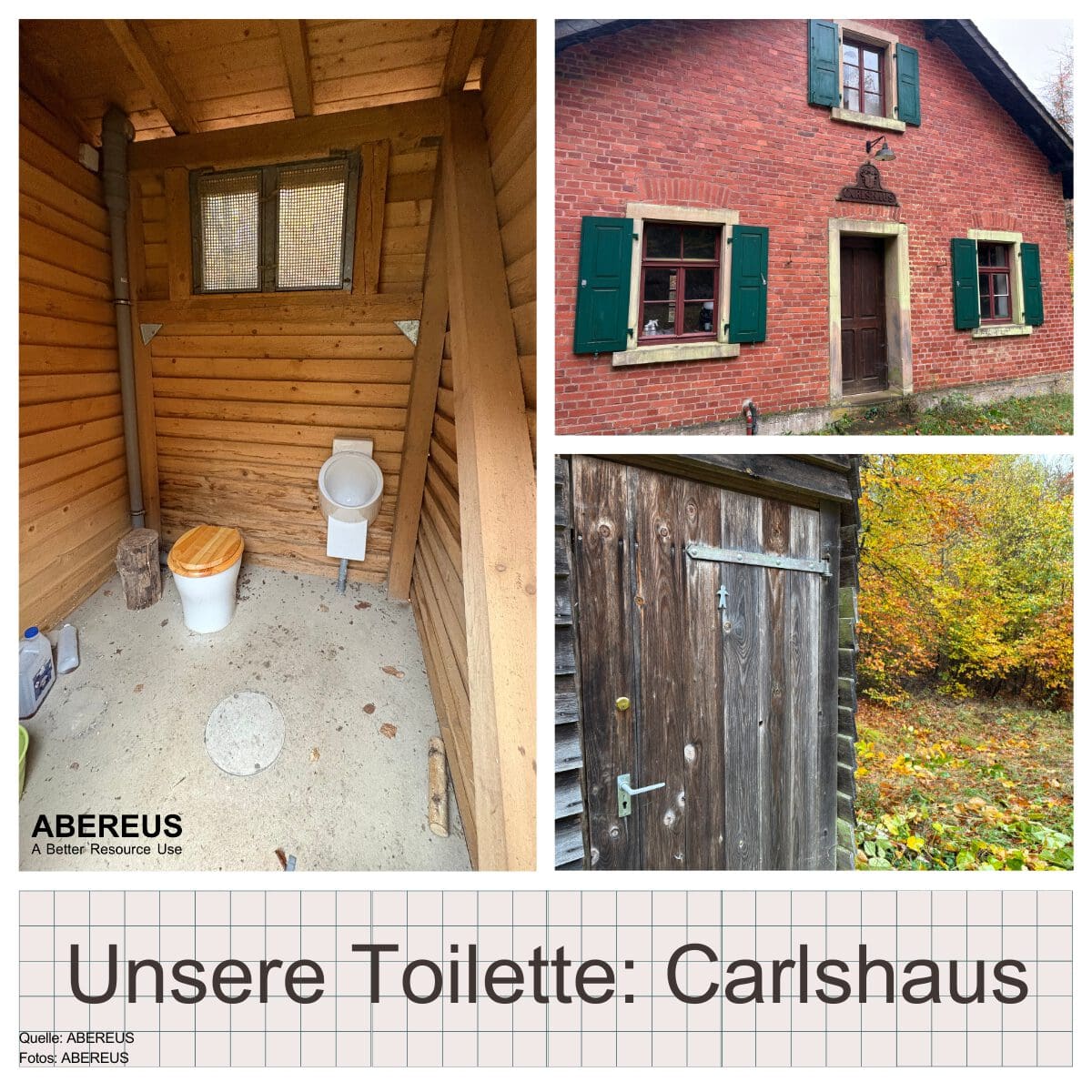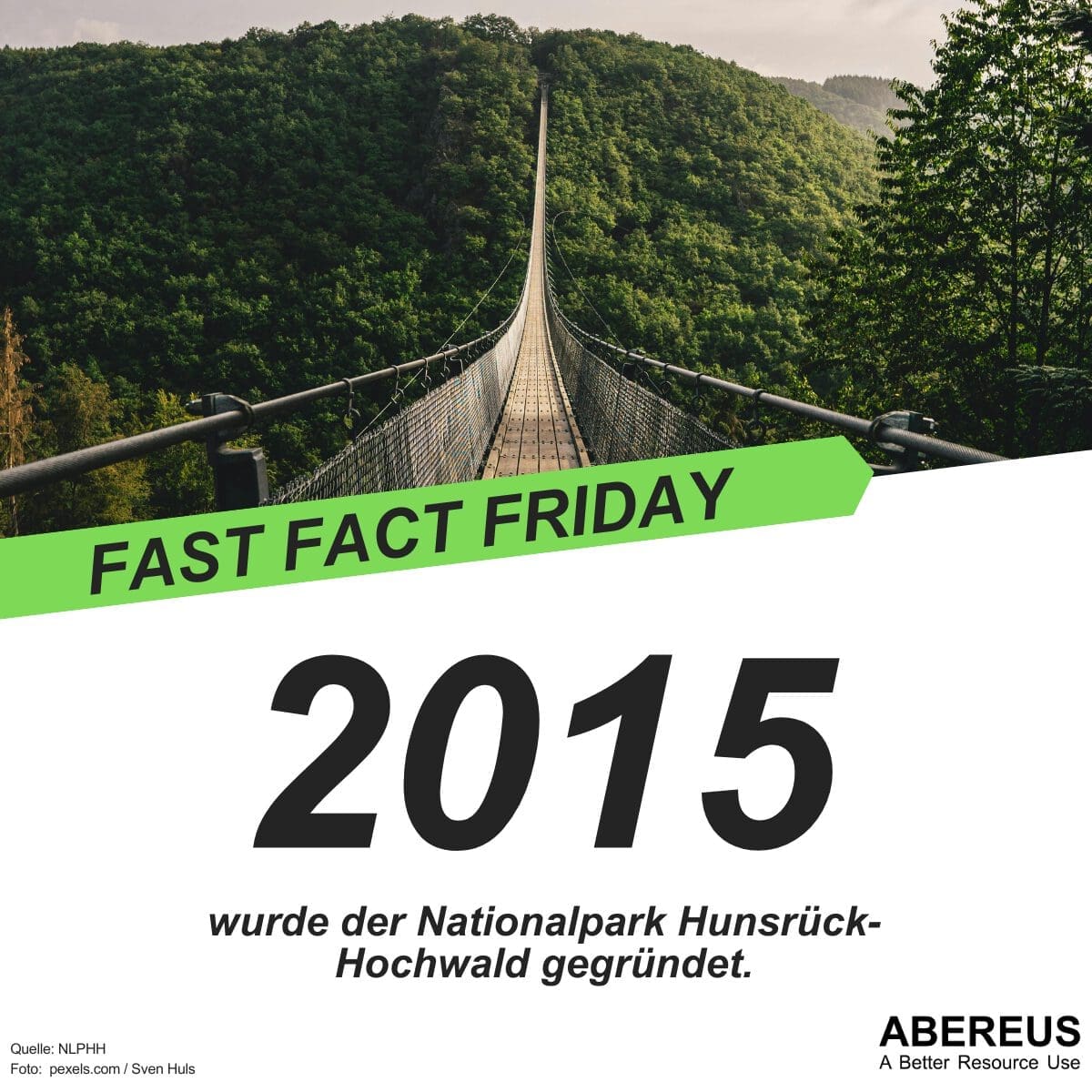More public toilets needed

Date
Occasionally, newspapers in specific regions in Germany complain that there are not enough public toilets. During the pandemic, restaurants and stores changed their opening times. They adjusted their ways to be open to include “click and collect” or even remained closed. This led to an even higher pressure on public toilets.
In Germany, most cities and counties own some public toilets that are free to use or require a small fee. Nevertheless, in many cities, specific groups want to have more public toilets. This would allow them to be participants in public life.
The pressure will rise in the years to come. The Zukunftsinsitute – Future institute – is researching different trends and megatrends. More than one of their trends can be connected to more toilets.
On one side, people in Germany are getting older. The silver society, as they are called, are more active. They are becoming a bigger part of our society. Companies are already switching their businesses to provide for the needs of this high market share. Authorities must follow. This includes, for example, more public toilets in parks and other areas which are more frequently used by elder people. More toilets are also important for families. Children or pregnant women also tend to have a higher need for toilets. To include everyone in public life, more toilets should be provided next to playgrounds, sports courts, and so on.
The other side of the coin!
On the other side, the amount of people that like to get out of the cities is constantly growing. This puts more pressure on lakes, forests, or mountains, and the ecosystems within. During a hike in the mountains or a swim in a lake, the need to go to a toilet will still be there. One “free piss” in a lake or forest isn’t a problem, but with more people doing more businesses, it turns into a big problem. Next to all the problems with medicine residues and leftovers that everyone can see, too much phosphor or nitrogen, for example, can tip lakes. To protect our nature, counties and states should also provide more public toilets in these areas.
We will follow up with more examples and trends on toilets and society. Therefore, join us and work with us for a better resource use.



